
The Minister for Finance has said the upcoming budget will be “prudent”.
Michael McGrath was speaking to reporters before the National Economic Dialogue which is an integral part of the annual budgetary procedure, providing a platform for discussion on a wide range of issues from key stakeholders.
Addressing the current expected surpluses in the public finances, Mr McGrath said: “It will be a prudent budget but it will also seek to respond to the pressures that are there.
“It will be within certain parameters and one of those parameters is not using windfall, volatile receipts to fund permanent measures.
“That will be one of the anchors of this budget”.
Mr McGrath said his “overarching priorities” for the upcoming budget include the protection of living standards.
“That will involve decisions around taxation and welfare and trying to reduce costs for families.”
He said other priorities include housing and investment in public services and infrastructure.
“And finally, providing for the future because we do know that costs that are coming our way in terms of demographic and age-related pressures are unavoidable, and also in relation to the climate transition.
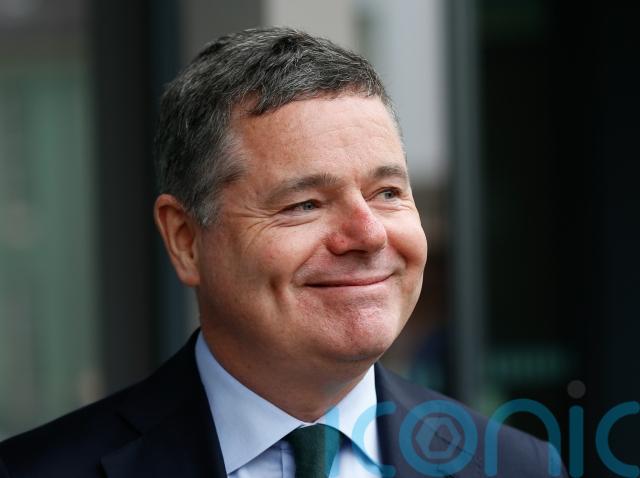
“So it’s trying to strike the right balance between providing an appropriate level of support to our society and our economy while at the same time not stoking inflation any further.”
Taoiseach Leo Varadkar said he recognised the advice from the Central Bank and the Irish Fiscal Advisory that windfall tax receipts cannot be used to fund permanent or recurring expenditure commitments.
“But even if you accept the position, we still have plenty of room because of the growth of the economy.”
He said there were false dichotomies in the choices of saving or spending the surplus, as well as whether to reduce taxes or increase spending.
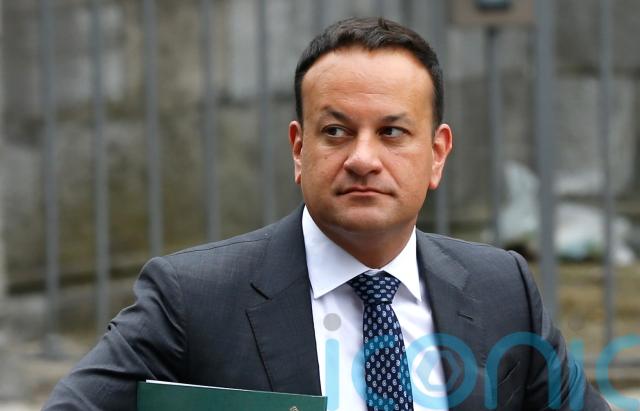
Mr Varadkar said the strength of the economy enabled the government to make a wide range of measures.
“We’re able to reduce income taxes, we’re able to increase spending, we’re able to reduce the debt, we’re able invest more in services and infrastructure, we’re able to set aside money for future problems.
“We can do all of those things, it’s not a choice among them. The choice is a different one; it is the quantum or the split.”
The Fine Gael leader said it was his party policy to get to the point that nobody earning less than 50,000 euro would have to pay the higher rate of income tax.
Mr Varadkar added: “Whether we can achieve that in the next two budgets, I can’t say.”
Minister for Public Expenditure Paschal Donohoe said Government has decided to increase capital investment next year.
He said this had been decided under the National Development Plan.
Speaking to reporters at the National Economic Dialogue, Mr Donohoe said the budgetary approach on progressing housing will be a “critical element” for the Government.
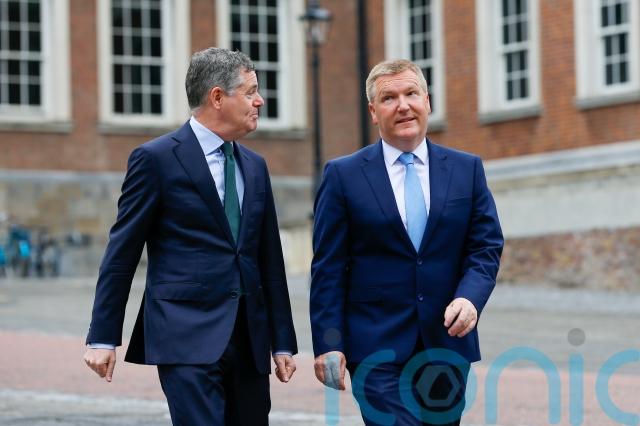
Acknowledging the surpluses under the recent stability programme update, the minister said: “You can only appreciate their value when you can see the uncertainty and the risks now taking place around us.”
However, he said careful decisions would need to be made around the surpluses.
Mr McGrath said he expects to index tax credits and bands in the next budget.
He said the economy is close to capacity with record-low unemployment.
“The scarcity of labour is now a key constraint across different parts of the economy.
“That said if you do not make any changes to your taxation system, it will remain static at a time of rising incomes.
“In effect, representing an increase in the burden of taxation through the back door.”
He said there was a programme for government commitment to indexing tax credits and bands.
“I expect, given the strong position in our finances, that is a commitment we will again be able to honour in the forthcoming budget.”
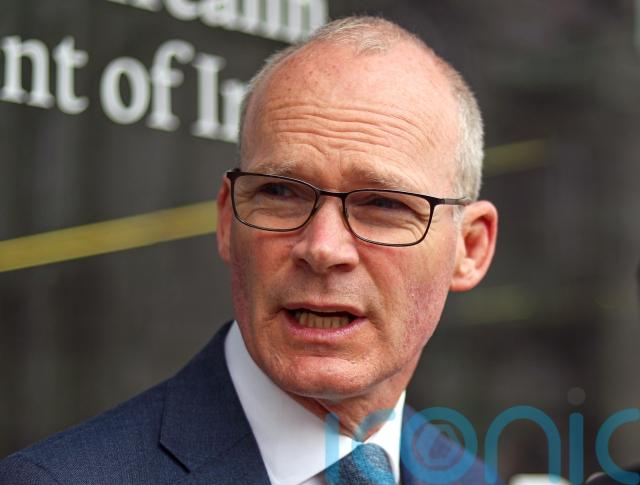
Minister for Enterprise Simon Coveney said there had been “extraordinary growth” in job numbers in Ireland.
Asked about job cuts in the technology sector, he said that a lot of global companies have “effectively taken back” the unstable growth and job creation of past year.
“This is obviously something we’re following closely but I would say the motivation behind these decisions is very much driven by global factors, not Irish factors.”
He said the impact of job cuts has hit a smaller percentage in Ireland than the overall tech sector globally.
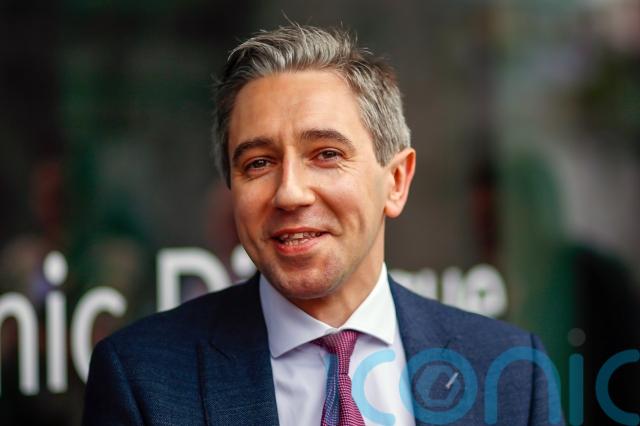
“We need to stay close to these big firms to understand their thinking and plan for that.”
Minister for Higher Education Simon Harris said he planned to bring forward measures in the budget which would increase flexibility in the education system, change student grant schemes and introduce more short-term and online courses.
He said he was hopeful to reach 9,000 new apprenticeships this year.
Subscribe or register today to discover more from DonegalLive.ie
Buy the e-paper of the Donegal Democrat, Donegal People's Press, Donegal Post and Inish Times here for instant access to Donegal's premier news titles.
Keep up with the latest news from Donegal with our daily newsletter featuring the most important stories of the day delivered to your inbox every evening at 5pm.